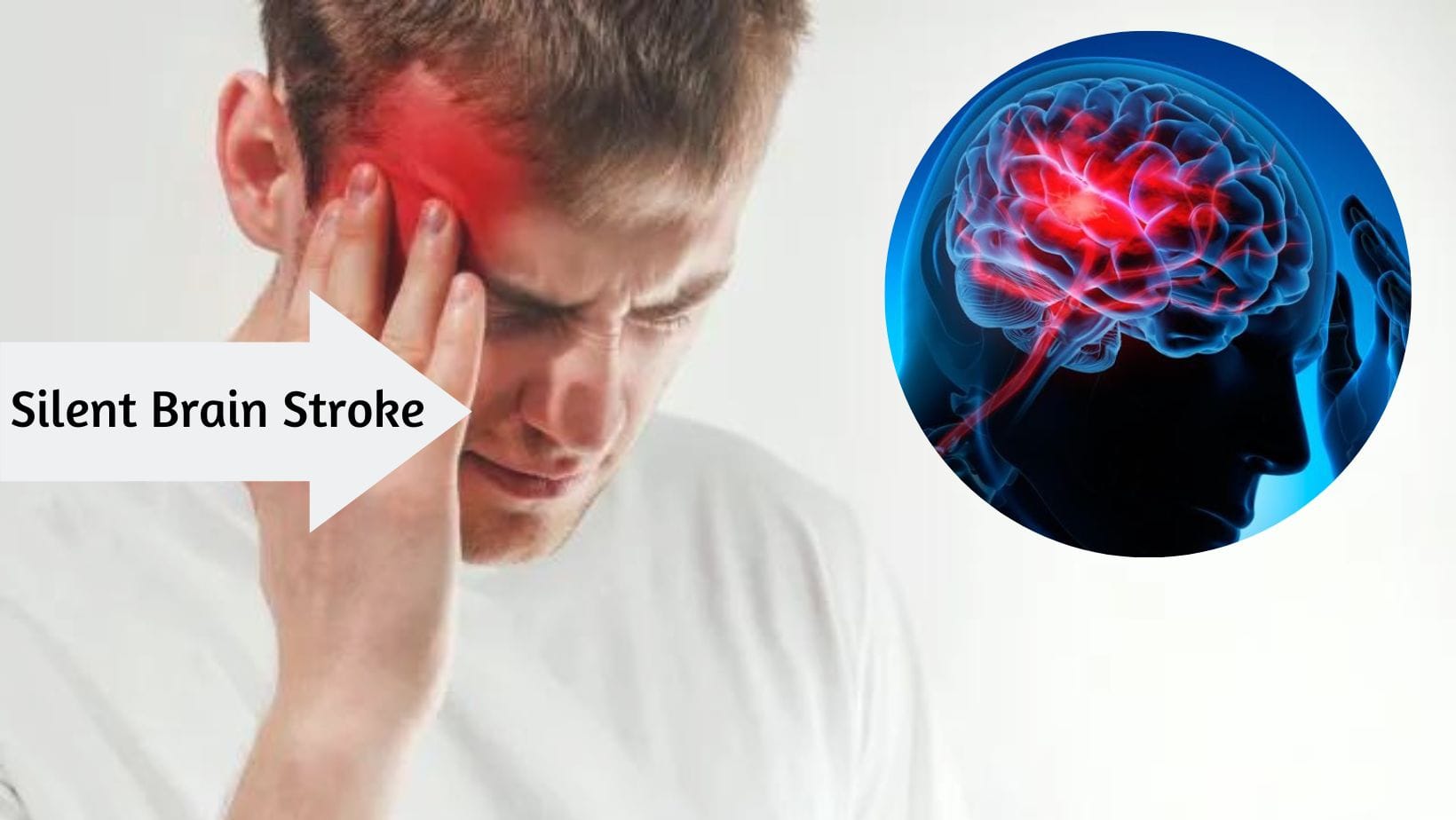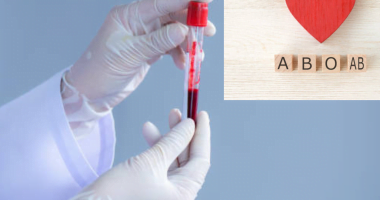Never ignore the below-mentioned 7 silent brain stroke symptoms that can kill you.
Stroke is one of the leading causes of death globally. According to the data, 1 in 6 deaths from cardiovascular diseases is usually due to stroke. In the latest data, the World Health Organization revealed that brain stroke is the second leading cause of death worldwide and led to more than 60 lakh deaths in 2019. So, what exactly happens when you experience a stroke? In this article, we talk about what brain stroke is, what causes the condition, and how to spot it.
A stroke happens when the blood supply to a part of the brain is hindered or suddenly stops. This in other ways stops or prevents brain tissues from receiving the amount of oxygen that it requires to function properly. This leads to the death of the cells instantly, causing long-term disabilities and even death. As brain cells continue to die, the person suffering from these symptoms loses his/her abilities which is controlled by certain areas of the brain.
Causes of Brain Stroke
When we talk about diseases and conditions, the one thing that is important to note is to understand the causes and the risk factors associated with the condition. The same goes for brain stroke as well, tracking the symptoms is important but knowing what is causing the condition is also equally important. Here are some of the common risk factors for a brain stroke:
- High blood pressure
- Too much use of tobacco or smoking
- Heart problems (that can lead to defective heart valves)
- Spike in blood glucose levels or diabetes
- Excess weight gain or obesity
- Age
- Family history
- Gender
7 Symptoms of Silent Brain Stroke You Shouldn’t Ignore
Diseases and conditions come with a set of symptoms that one should be able to track or spot as early as possible, in order to start the treatment procedure. Check out these 7 silently killing symptoms of brain stroke that can be life-threatening if not traced on time.
- Sudden and severe headache which gets worst at nighttime
- Nausea or vomiting
- Altered consciousness
- Suddenly feeling numb or weak in the arm, face or leg
- Slurring in Speech or difficulty in speaking
- Loss of vision, or not being able to see properly
- Losing control or balance of the body. Back To Home









